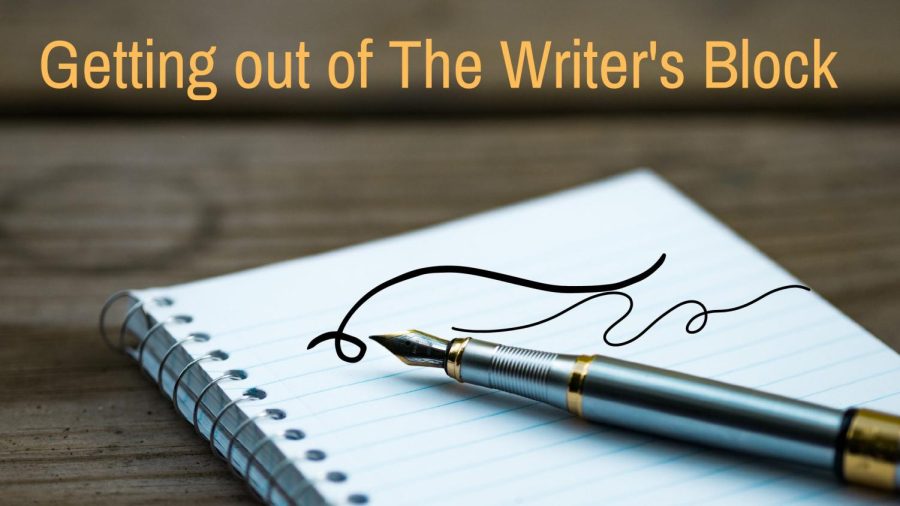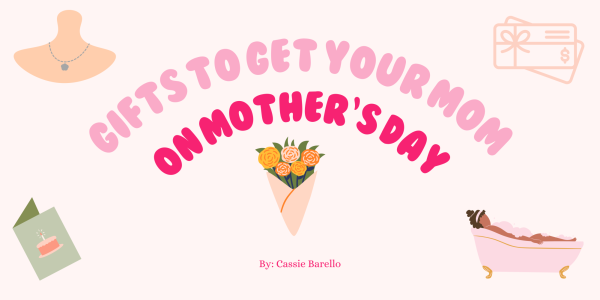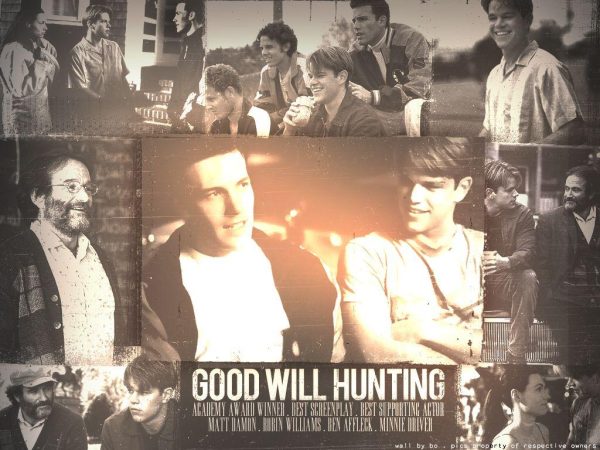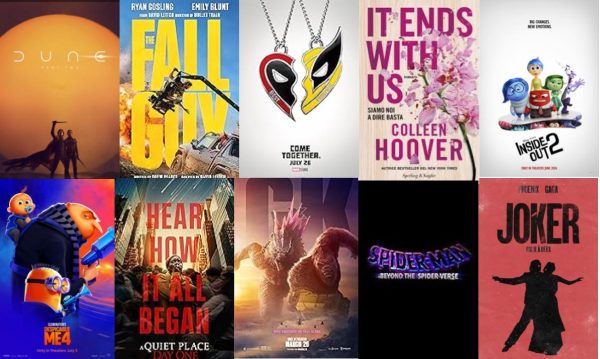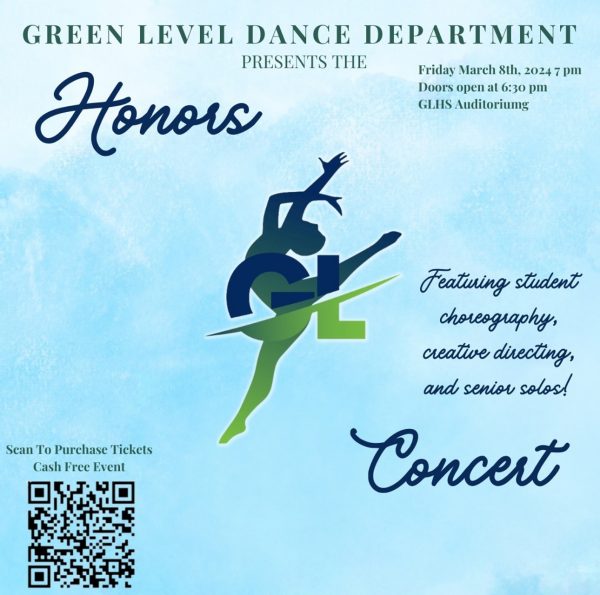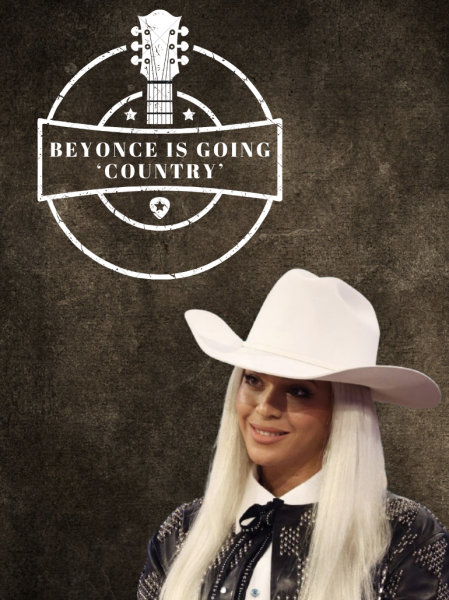How to Escape Writer’s Block
Let’s be real here: It is almost impossible for a writer to be creative and produce their work every single day. The amount of time it takes to articulate, to write the right sentences and words, and to create a beautifully well-written story for your readers to resonate with is sometimes too much. Even the most successful authors such as Rick Riordan, J.K Rowling, and Chris Colfer have experienced writer’s block.
Writer’s block is definitely one of the most annoying things in the world, but in a way, it can be a good thing because it means the writer in that situation cares more about quality than quantity. However, it takes too long for the right side of the brain to stop being lazy! Here are some thoughts and solutions from myself and the people I have interviewed on how to get out of writer’s block and find inspiration again.
“First have a stack of writing exercises to draw from,” says Mrs. Hurd, who teaches English I and Creative Writing. “Usually you can’t experience writer’s block if you haven’t started writing, so the first step is to just start. but once you do start, and if you find yourself stuck; I think the easiest thing to do is to just walk away from it, and come back with fresh eyes. If that doesn’t work either, then you can always reach into your stack of writing exercises that you can do just for fun and write about literally anything, and write badly, you have to be comfortable in writing badly; it’s called a rough draft for a reason.”
“Honestly I think something that is meaningful to you makes a big difference,” says Mrs. Weller, who is the new school librarian this year. “When you are being forced to write about a certain topic that you are not interested in I think that makes it harder, but if it is something that you can relate to or have a good understanding of it; I think that makes a huge difference with writer’s block. I don’t remember who it was, but an author was talking about how it’s just like when you can’t remember something, and you’re like ok the harder I try to remember it, the further away it seems to go, and so they were kinda using that as a comparison to writer’s block, so the harder I am making myself to write something, the further away it feels like I’m getting there, the best solution is to step away and do something else, and you will figure out something, just go with the flow.”
“For me, I kinda have to catch writing,” says a senior student, “like for example, if I catch inspiration in the middle of the night, I gotta write it down and catch it before it goes away. Meditating always helps me find inspiration, or I can go on walks and that helps. Also, reading genres that you’re not used to always helps as it advances your brain.”
Based on the three responses I got, it seems all of them agree that taking a break from writing is the best plausible solution to combating writer’s block, and I am also with them. As a writer myself, I also find that breaks are effective, honestly, some of the best story ideas I’ve got were all just out of random thoughts and lots of procrastination, and then I just leave my hands to do the work.
Here are some of my personal strategies to find inspiration:
Music: I love imagining scenes for my characters, and I find music to be helpful in developing personalities and just the general mood of a scene, I like to create playlists for them by matching songs to the type of character I visualize. Your character is the first thing to develop in a story, and once you know your own character; a story can automatically come alive.
Your favorite books, movies, shows, etc: Try to think about why that particular source of a story is your favorite. What aspects of it did you like about it? Was it the genre? Trope? Character’s personality? Aesthetic? Plot twists? Analyze your literary interests by using that source as an inspiration tool.
Theme/Values: How do you want your story to be recognized? All stories in this world have some sort of a theme, to send some sort of message and/or purpose. It can go as far as being about problems in society to light-hearted themes of friendship and love. This could be a good starting point for your writing.


